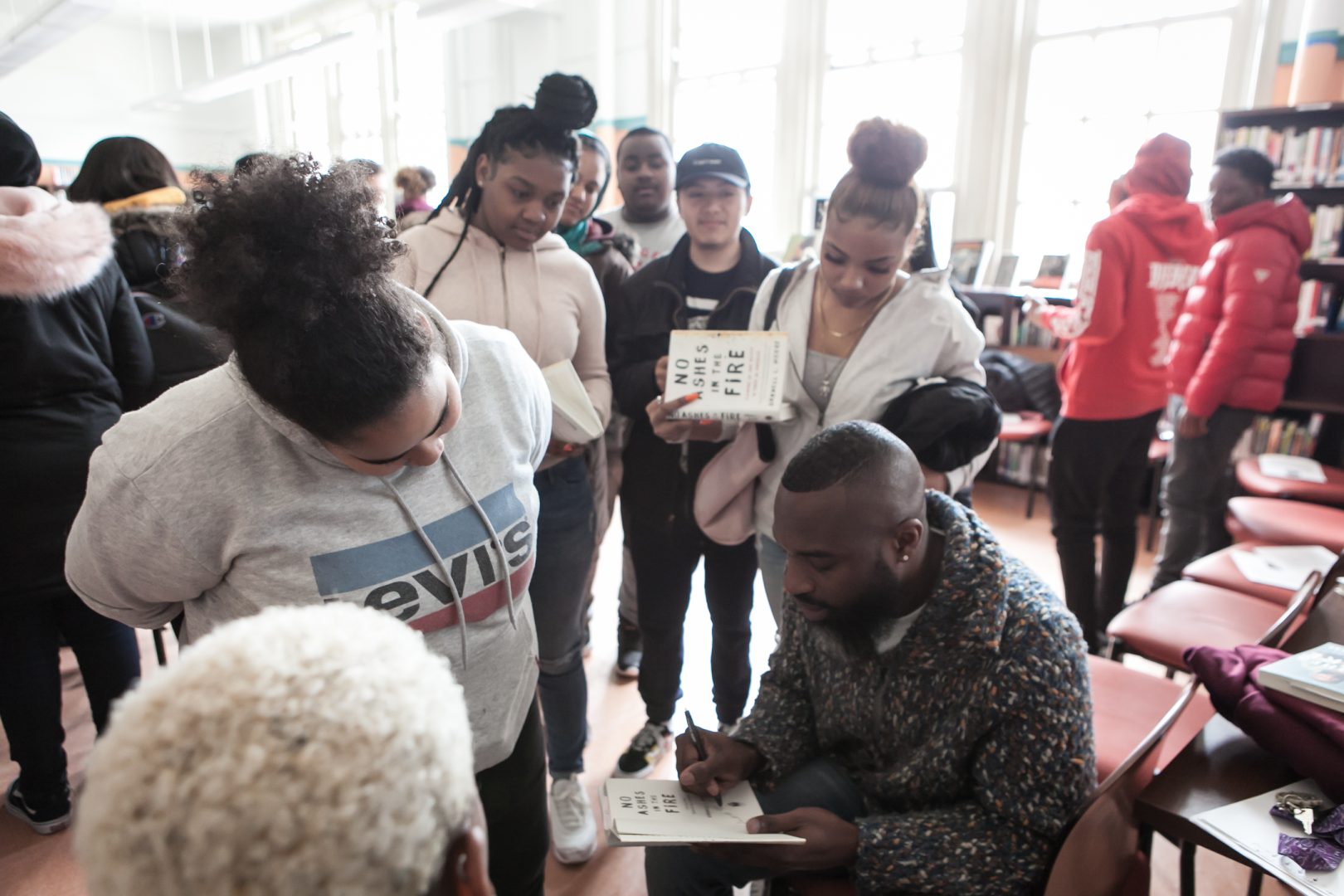Query letters are the first point of contact a writer makes with a potential literary agent. They act as a tool of introduction as well as persuasion in order to get an agent to represent a writer and sell their work to publishers. Every agent might have different requests for what they want from writers, so be sure to check the agent’s websites before querying them individually. Different genres have different requirements, and we will do our best to point out where these might be different. Don’t be afraid to do extra research to see what people recommend for exactly the type of project you are working on. Did we forget a step or is something out of date? Email us and let us know!
The Basics
The query letter is your cover letter. It introduces you & your work and primes them for what they’ll read in the sample. It consists of your story’s hook, your bio, nuts & bolts (word count, genre, age category), and thanking them for their time.
I always used “Hello, [First Name]” because the old “Mr./Mrs. [Last Name]” doesn’t respect the spectrum of gender identity, and I’m not writing my beloved from the front lines of 1816’s battle of Who Shot John, so “Dear” feels antiquated and weirdly intimate for an aspiring business relationship.
What is a Hook?
One way to think of the hook is to think of what would be written on the jacket of your book when it sits in the bookstore. What gets someone walking through the hundreds of books to stop and pick this particular one.
Nuts & Bolts
In a paragraph separate from your hook, you’ll get into market jargon.
Intended Market: Adult, Young Adult, or Middle-Grade audience?
Genre: Sci-fi? Memoir? Thriller? Romance?
Comp Titles: These are books that are similar to your book; mostly in terms of the intended audience. Think “for fans of…” If you have comp titles, this is where they would go, but they are by no means a mandatory element of your query letter.
Word Count: Be aware of your age group/genre’s standards in terms of word count. 40,000 words is a novella, not a novel. You’re not going to sell a 100,000 word book intended for the middle grade market. And 100,000 words is stretching the upper limit of a YA fantasy. I know you’ve held books with the approximate weight and dimensions of a cinderblock, but don’t try and pitch 300,000 words of anything as a debut. A too-high word count signals that the manuscript has not been sufficiently edited or doesn’t exist in a format they will be able to sell (i.e. it’s actually two books and you don’t understand enough about story structure). These concerns can also be about cost: longer books cost more to print, so the story had better be worth it.
Querying a series: You’re only pitching one book at a time, so the manuscript you’re shopping should be able to stand on its own with self-contained character and narrative arcs. Think the original Star Wars movie vs the later ones. This is the paragraph where you’d mention “series intent” or “series potential,” though. You’d go over the specifics of how manageable this is with the agent should they request a call once they’ve read the manuscript.
The Bio
Your bio should also be its own paragraph, and include information like any previous publishing credits, relevant degrees (is your main character an architect? Here’s where you plug your architecture degree), awards, certifications, or other information about you that is relevant to your writing.
The Synopsis
Sometimes, an agent will request a synopsis along with the other submission materials. This is a separate document from the query letter and sample pages (unless agent guidelines specify otherwise). A synopsis is a distillation of the story, usually into 1-2 pages. Honestly, it’s probably harder than the query letter. In a synopsis, you cover all the major events of the story, including plot twists and ending spoilers, and the ways your characters are changed by those events. A synopsis allows the agent to gauge how well the story works in terms of plot and narrative structure before committing to reading 100,000 words of it.
Sample Pages
Visiting the agent’s website will tell you what they expect in terms of page/word count and formatting. This is typically anywhere from the first 5 pages to the first three chapters, to the first 100 pages. Even if they request the first 100 pages, you have roughly the first 10 or so to grab their attention. The work you submit should not be your first draft. It should be polished, edited, coherent, and formatted to the agent’s requested specifications.

